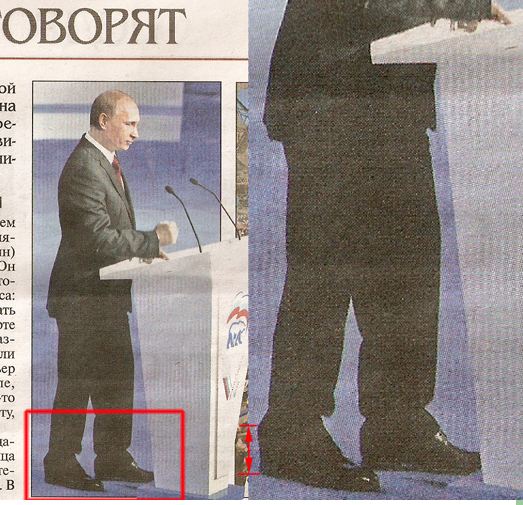The people of Russia are taking to the streets to protest the egregiously fraudulent elections to the Russian Parliament. I found a set of  suggestions on how to organize a peaceful protest on one of the websites of the bloggers who will participate in the protests and decided to translate it. I think it contains some very useful tips for protesters. I adapted it somewhat, too, by getting rid of very specifically Russian realities:
suggestions on how to organize a peaceful protest on one of the websites of the bloggers who will participate in the protests and decided to translate it. I think it contains some very useful tips for protesters. I adapted it somewhat, too, by getting rid of very specifically Russian realities:
- Always leave a space of a stretched arm between yourself and other protesters. Don’t move too close to each other. A crowd where people stand very closely to one another will not be able to maneuver itself as easily and will eventually become dangerous to the protesters.
- Protests are very demanding physically. If you have health issues, it is best to avoid slowing down other protesters with them. Stay at home and provide informational support through online activities from there.
- A crowd can easily become too engulfed in emotions. Remember that crowd enthusiasms are volatile, dangerous, and unproductive. Remain calm and in control of your emotions at all times. You will only be taken seriously by authorities if you don’t allow hysteria to overtake you. The point of the protest is not to unburden yourself psychologically. It is, rather, to demand change from the authorities.
- Think of those who are there with you. Take care of your fellow protesters.
- Think about how your behavior during the protests will look to others. Everything is recorded and televised nowadays. Remember that it will be very easy for hostile reporters to present you as unhinged and crazy if you offer them the smallest opportunity to do so.
- Avoid antagonizing the police officers. Doing so is always a losing strategy. Try being as friendly as you can with the representatives of the law. Remember that it is much harder to hit or pepper-spray a person with whom you’ve just been chatting about the weather or sharing a cigarette. If at all possible, talk to the police calmly. Try to attract the officers to your side.
- There are likely to be provocateurs at the protests. Their goal is to make protesters look like aggressive people who are set at disturbing the peaceful life of other citizens. If there are just two provocateurs with anti-Semitic slogans, they will most surely end up being filmed and will forever be associated with your protest. Make sure that your verbal disagreement with the provocateurs is as visible as possible.
- All of your demands should be legal and realistic. Avoid making threats aimed at specific individuals. Avoid calls to armed action.
- Civil freedoms take a long time to be gained and then need to be preserved by constant efforts. Don’t expect to achieve anything fast. This will be a very long journey.
And from me personally: the weather is getting colder. Remember to put on warm underpants. A long-sleeved warm shirt gets tucked into the underpants and the underpants should get tucked into warm socks.
I wish the Russian protesters the best of luck in their struggle. I hear that already over 800 people have been arrested in Moscow and St. Petersbourg for participating in the peaceful protests. As tragic as it is, this is also a good sign, a sign that the people of Russia have had enough of being lied to and treated like garbage by their authorities.
I hope that the peaceful Russian Revolution of 2011 succeeds in removing the Party of Crooks and Thieves (United Russia) from power. Russia is a great country whose people deserve better than being governed by this bunch of vile criminals.
P.S. 632305222316434 Those who know, know what I mean.


